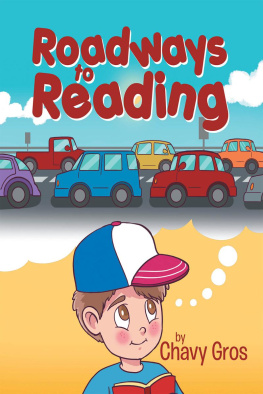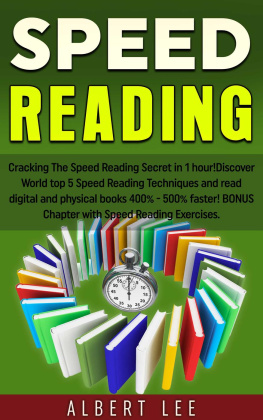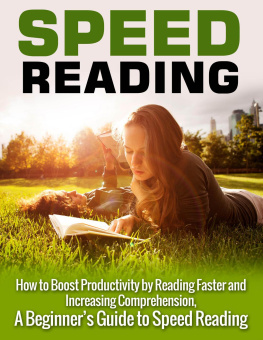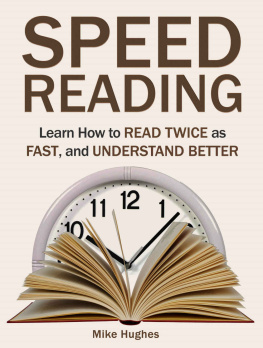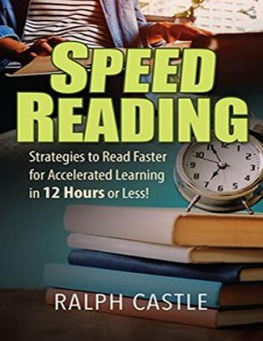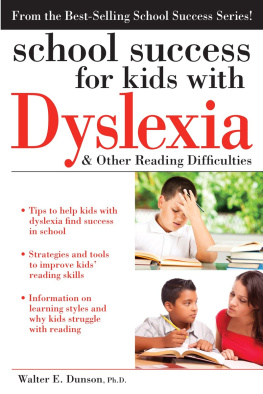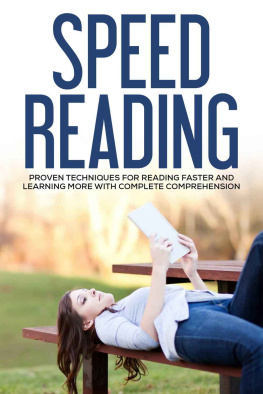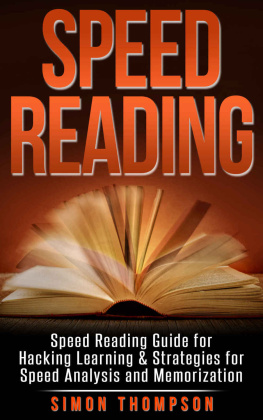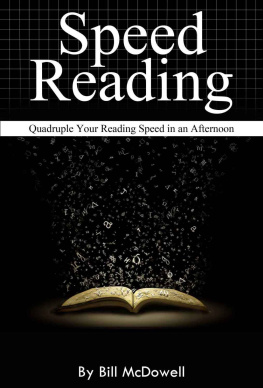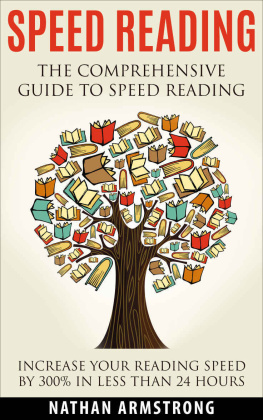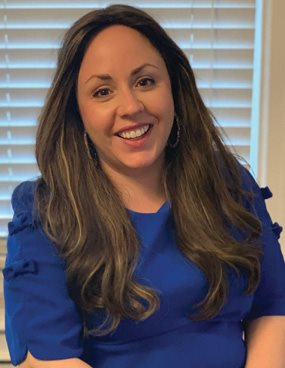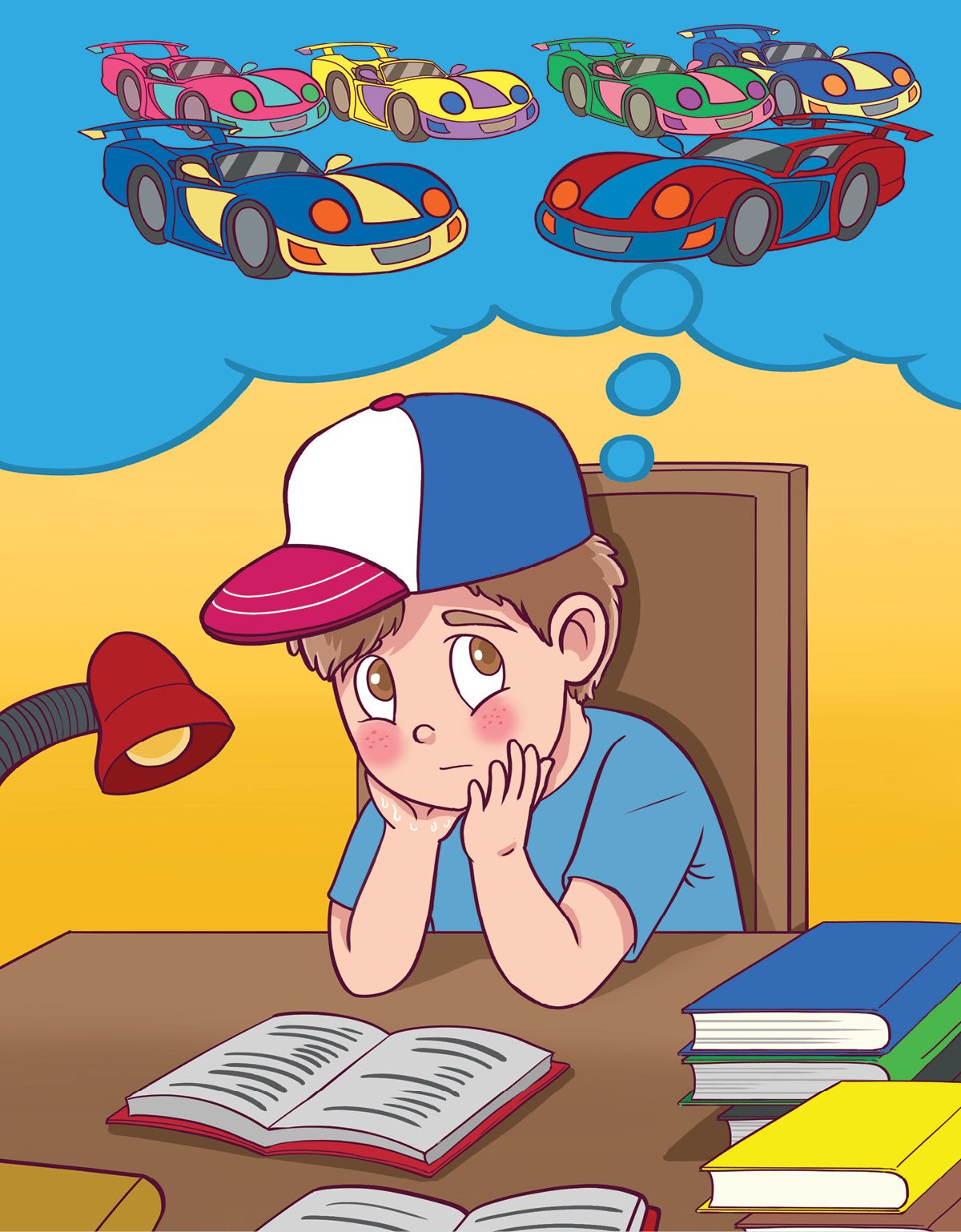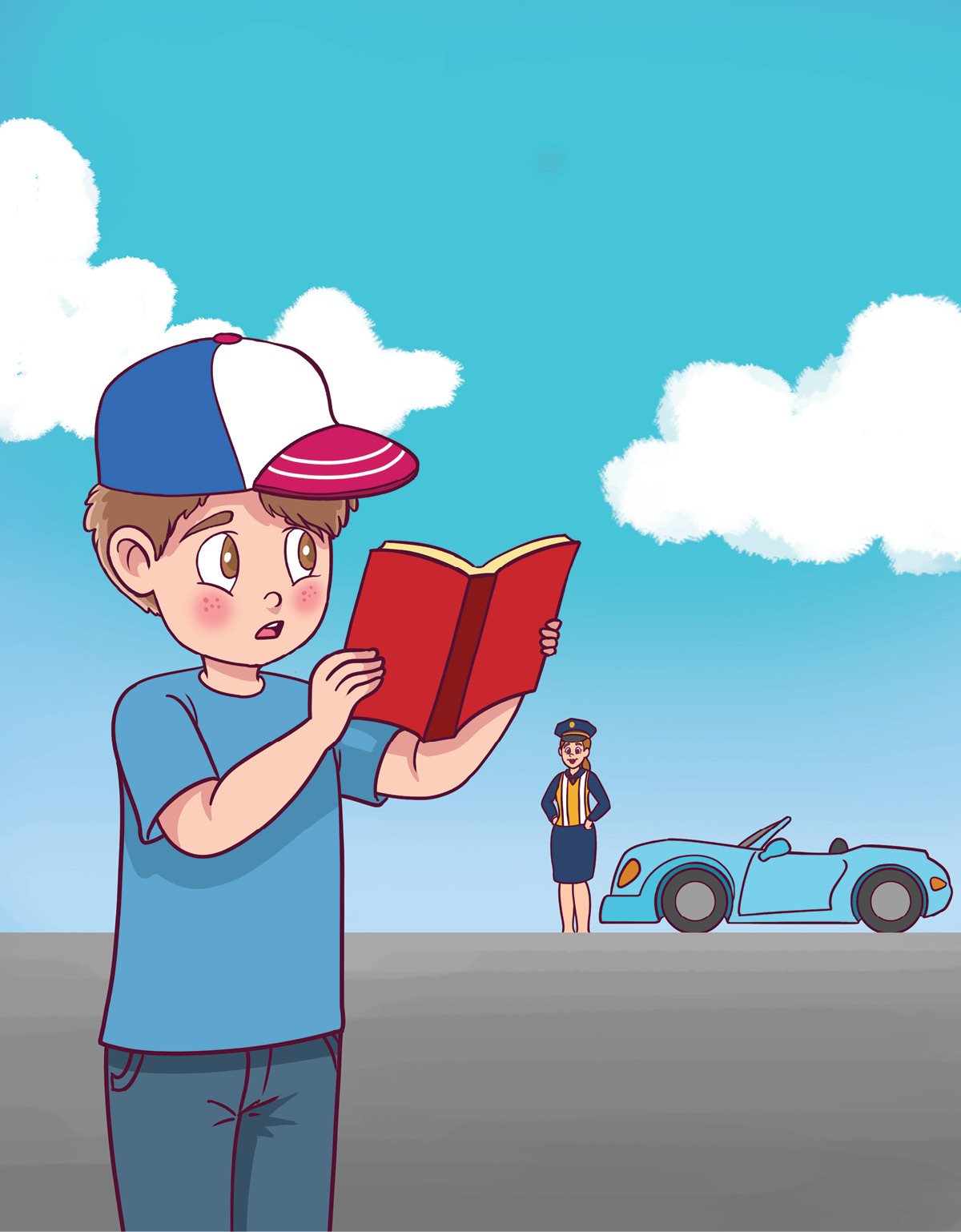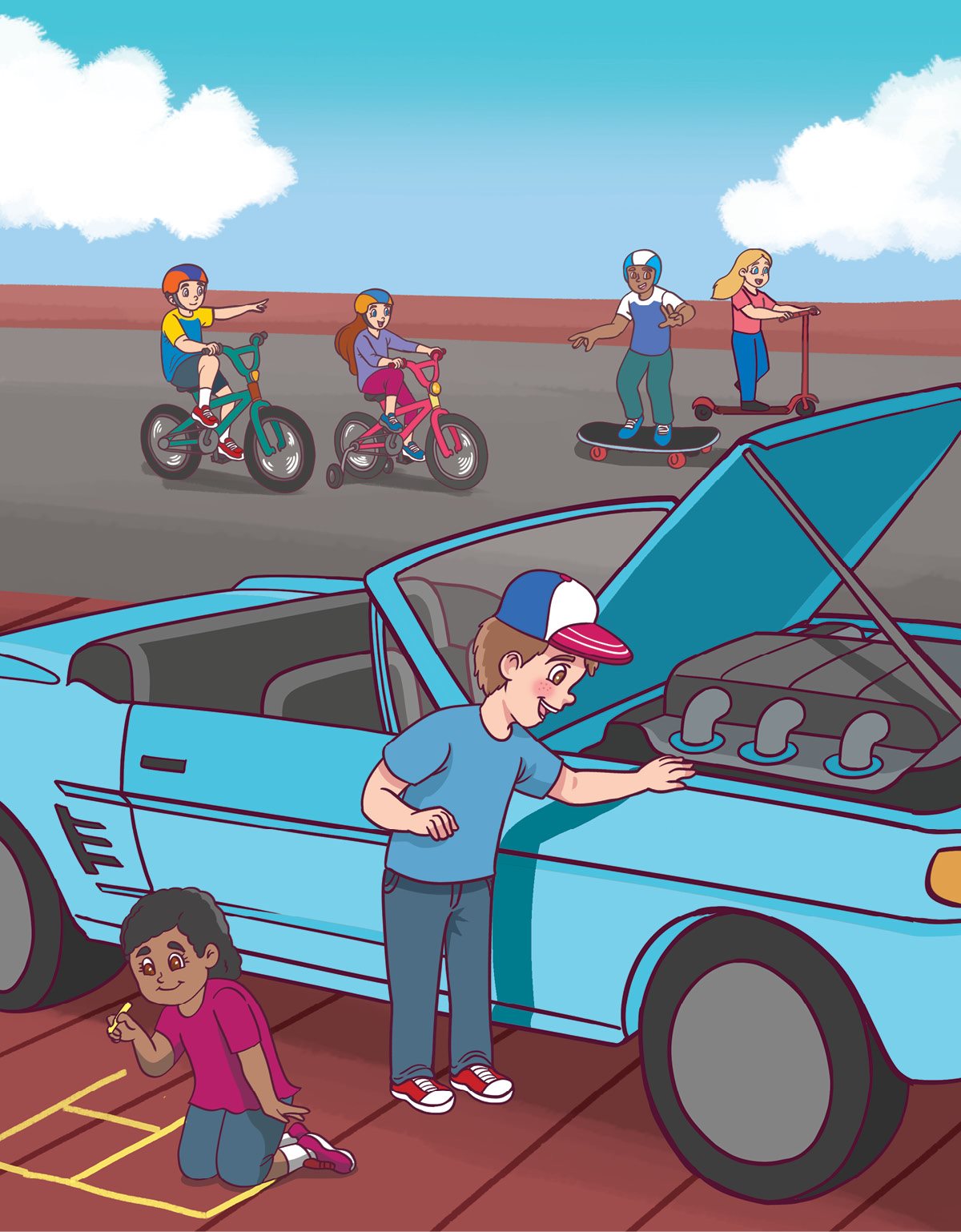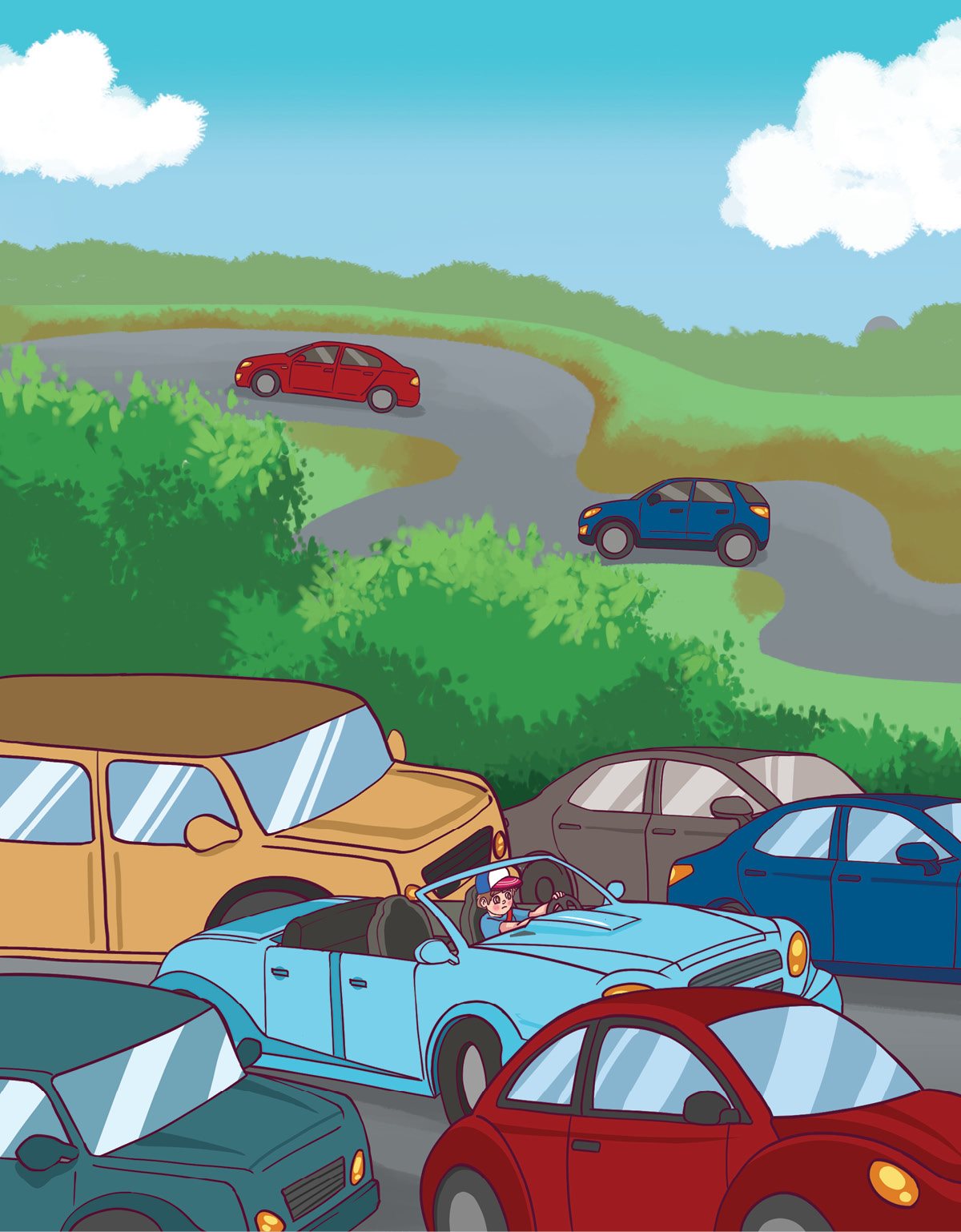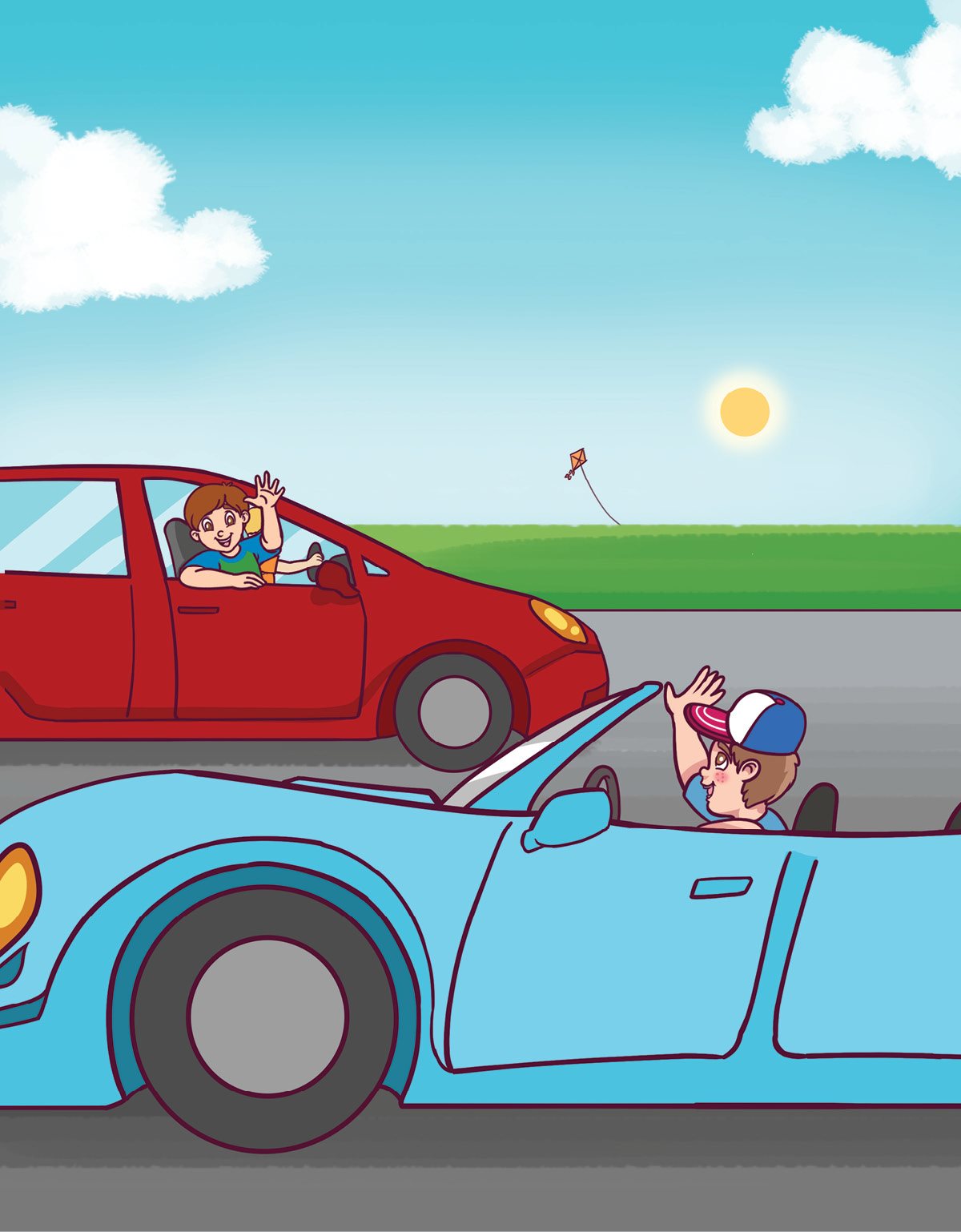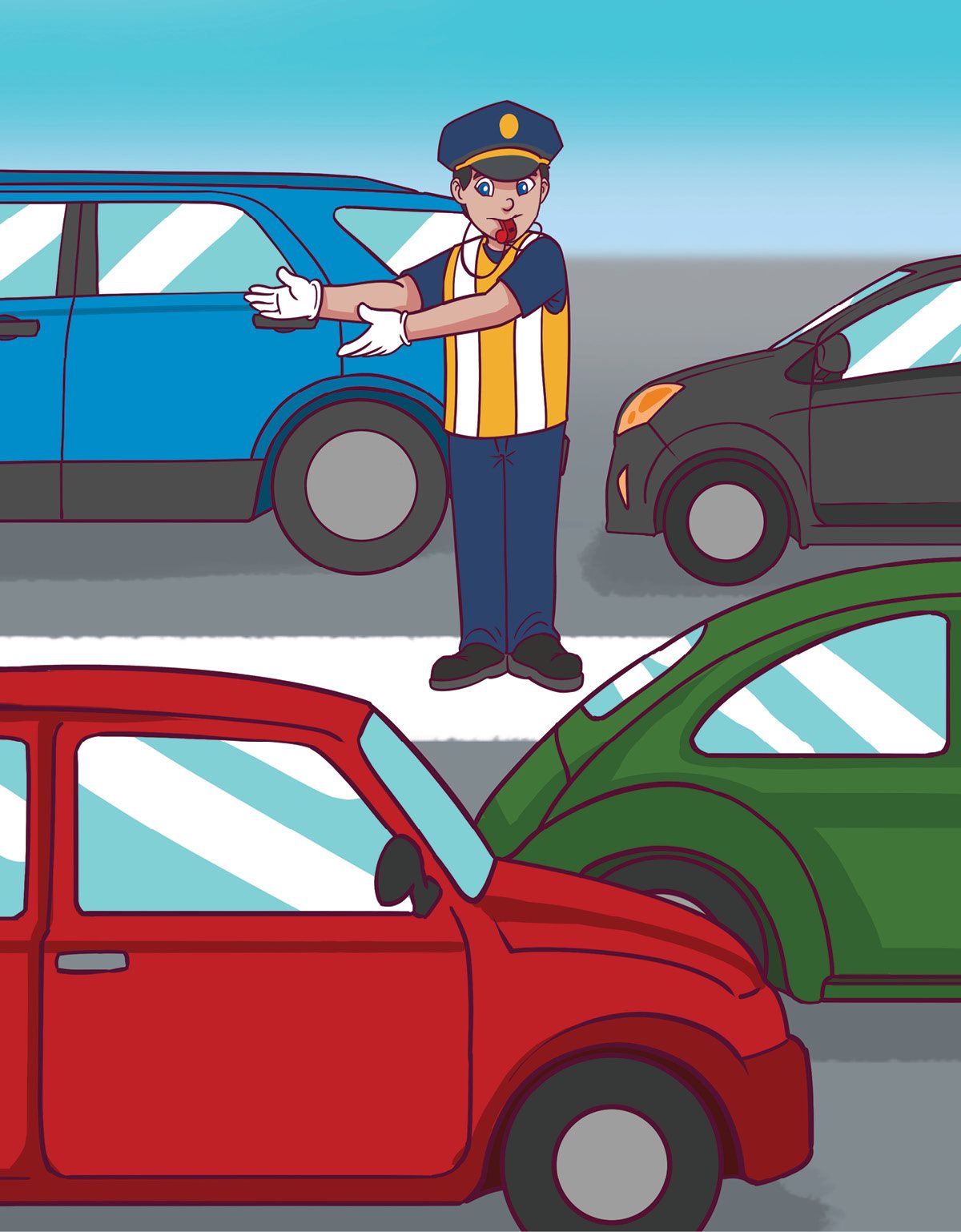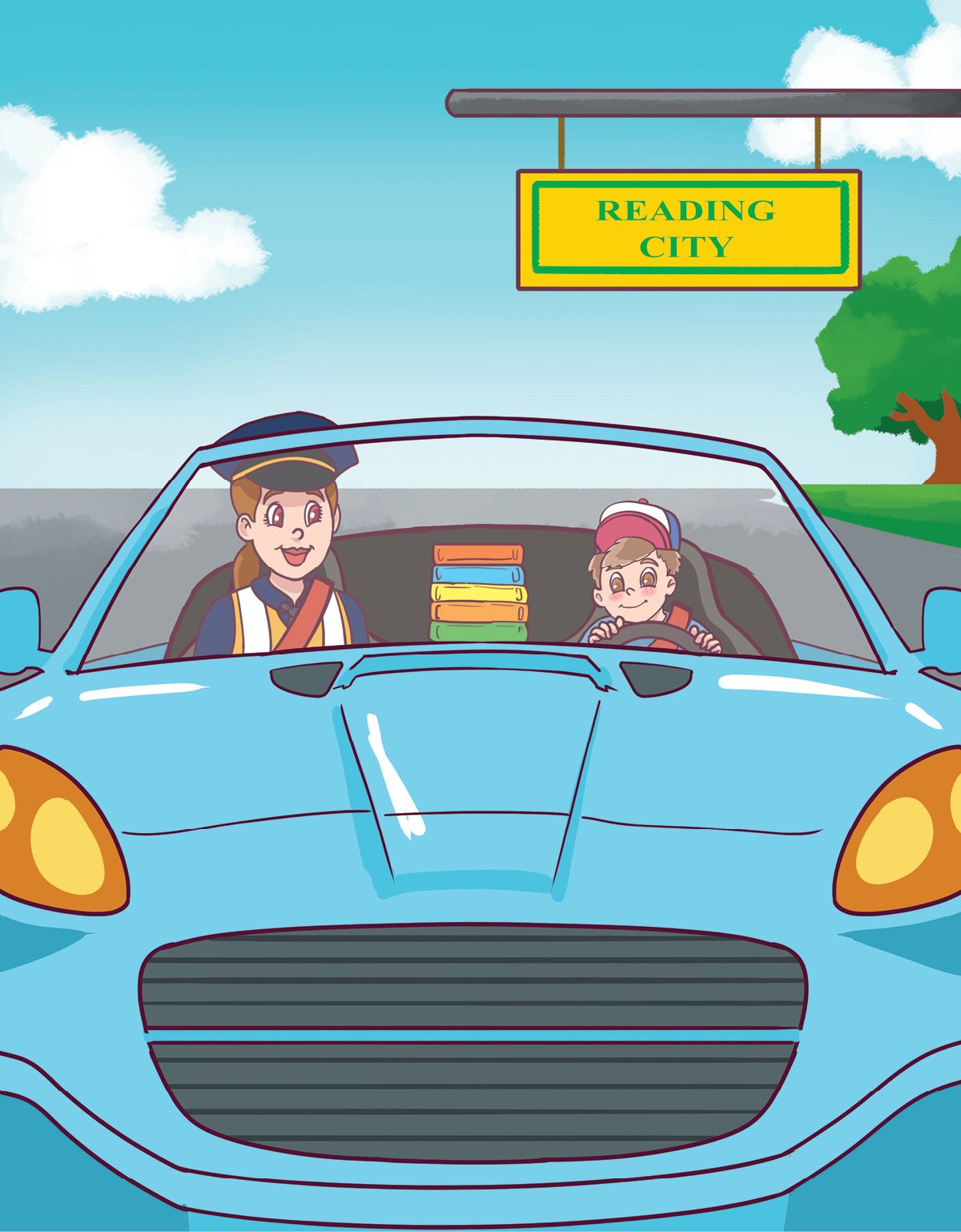About the Author
C havy Gros is a dedicated mom who loves reading with her children. Chavy understands the unique challenges many young readers face while learning to read and develop a love for reading. Chavy is passionate about advocating for children with all abilities. Her dream is for every child to be accepted and welcomed into society with whatever their reading and learning style may be. She hopes this book will resonate with both children and adults, including parents and educators. Chavy lives with her family in New York.
Roadways to Reading is based on the work of Dr. Ania Siwek, PsyD, is a licensed clinical psychologist in New York. She is a school Psychologist at an independent school for children with language-based learning disabilities. She strongly believes that children with learning challenges deserve to know what it means to have a learning disability. Over many years working as a school psychologist with students with language-based learning differences, she discovered that most of these children did not understand why academics were difficult for them. Many of them felt they were stupid and broken. Dr. Siwek developed this simple concept of traffic jams to explain LD in a way that children understand and remember. When children truly comprehend that their brain is intact and that they need to develop and master strategies to overcome learning challenges, these children know that they can accomplish anything.
Roadways to Reading
Chavy Gros
Copyright 2020 Chavy Gros
All rights reserved
First Edition
Fulton Books, Inc.
Meadville, PA
Published by Fulton Books 2020
ISBN 978-1-63338-939-7 (paperback)
ISBN 978-1-63338-940-3 (digital)
Printed in the United States of America
To my children, always find beauty in the scenic route.
Love, Mom

O n most days, Griffin feels like a race car ready to speed, but when he reads, he feels more like there is a traffic jam going on in his head. His stomach churns with excitement because he wants to speed when he reads. His brain wants to race through the book, but reading slows him down. His heart begins to race like his brain, and his palms start to sweat. When he actually reads a word correctly, he feels as though he just won a medal.
Today Griffin is reading a book. He knows other children can finish reading a book in no time. He doesnt understand why it takes him so long.
Griffin looks at the words and some of the letters trade places. B becomes D. He cant remember the sounds for the letters. The letters swim and blur in front of him, and he feels lost in the words. He wants to enjoy the story and make sense of the words, but it feels so challenging.
I wish I could race through reading like a race car driver, he says.
Griffin grips the book harder and holds it closer to his face so he can make sense of the words, but he still struggles.
Suddenly, in Griffins imagination, a reading traffic officer appears.
Griffin, Im here to support you. You are not alone.
Who are you?
I am a reading traffic officer. I can help you drive along the roadways to reading.
Griffin, all brains are unique and have strengths and challenges. Some kids can ride a bike with one hand while other kids are good at completing puzzles. We each have a brain that is individual to us just like the engine of a car.
Griffin wonders. So how does my brain work? And how can I read faster?
The reading traffic officer says, Think of the brain as having a lot of roads. Information travels on these roads to different places in the brain, but for reading, lets imagine the information goes to Reading City.
Griffin wonders. How do I get to Reading City?
Well, everyones brain needs a little help finding the best road for his or her brain. When your brain knows the right road to take, you can race to Reading City faster.
Griffin feels excited to take the roads.
In Griffins imagination, he drives a racing car. The car speeds down the highway, faster than all the other cars.
Suddenly Griffin slams on the brakes because a long line of cars has stopped ahead. The traffic wont move. Its a traffic jam! Griffin feels anxious. He sees other kids on the road beside him driving their cars past so fast his head spins. The other kids wave and shout, Hi, Griffin!
Griffin waves hello back. He wishes the traffic jam would clear. He wonders if a reading traffic officer will help him. Hey, reading traffic officer, he calls out the car window. Will you make this traffic jam disappear?
The reading traffic officer is directing the traffic. I cant make the traffic go away, but I can help you find another road that will take you where you want to go.
I really want to get to Reading City, Griffin yells. Why cant I do it as easily as all the other cars?
The reading traffic officer says, Griffin, your brain has traffic jams on the road that takes you to Reading City. That means that you will move slower than the other cars. It can be a real challenge, and you can feel frustrated, angry, or sad. But there are new roads you can use that will get you to Reading City much faster. I can guide you to these roads with strategies I will teach you. Youll need to practice using these strategies over and over again, and eventually, your car will automatically take these new roads instead of the one with traffic jams. Lets start. Follow the signs that guide you.
He reads the first street sign. It says, Next Word Way.
When the stoplight turns green, Griffin turns the wheel, and the race car zips onto Next Word Way.
The traffic on this road slows down too. Griffin sees a side street that leads to Sports Field. I love sports, he says. Im good at sports.
The reading traffic officer says, Many people who have trouble reading are good at sports or art or dance. You can go to Sports Field later. Keep going down Next Word Way so you can get to Reading City.
Griffin drives and thinks this street seems a little slow.

